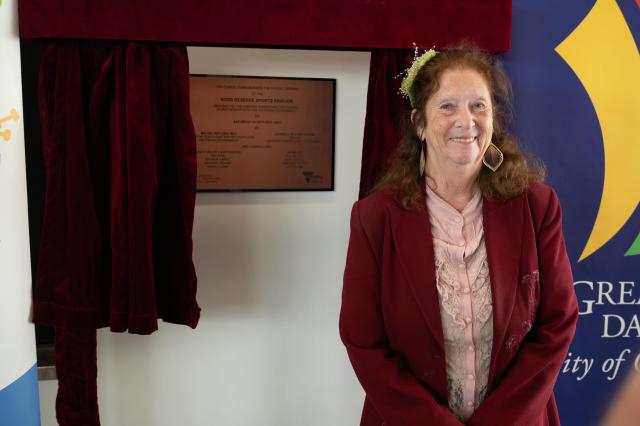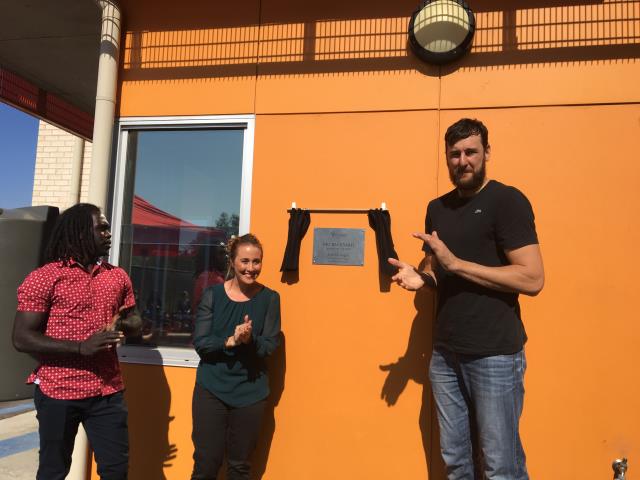One in three people that presented to a southeastern financial counselling service in the last financial year had been the victim of financial abuse.
South East Community Links (SECL), which has offices at Dandenong, Springvale and Noble Park, has seen an increase in the number of victim-survivors presenting after the Victorian Royal Commission into family violence brought the issue into public conversation, with 15 of the recommendations relating to financial abuse.
That changed the way financial abuse was addressed by organisations such as SECL and shone a light on the omnipresence of the issue.
SECL has developed a seven principle framework for financial institutions to combat financial abuse.
The principles are proactive in trying to prevent financial abuse at its source rather than being responsive to victim-survivors after they have suffered.
Women were the biggest cohort which suffered and were therefore the focus, with many women trapped in relationships as a result of financial abuse.
The principles took six months to develop and involved liaison with several key financial and telecommunications stakeholders and drew on the safety by design fundamental framework.
“We ask that financial institutions consider and continually reflect on how the products you’re designing could be used,” Kay Dilger, SECL’s head of wellbeing said.
“Financial institutions are starting to do this work well, to support victim survivors when abuse is identified but there are some barriers to supporting them based on how the system is currently built.
“The research and principles are very much about progression and continual improvement in financial service providers in working with victim survivors around financial abuse and preventing it in the long-term.”
The principles, announced publicly by the office for women last month, are backed by the Prime Minister and Cabinet’s office
Each principle has a continuum off which institutions can measure their performance off and use as a tool for progress.
Initially, institutions embark on the process of change, before supporting women’s financial safety, embedding processes for change and then building upon current practices to reduce organisational barriers for change.
“We’re working with victim-survivors to minimise future harm,” Ms Dilger added.
“Training front line staff is important so they have an awareness of what financial abuse is and what it looks like. With the nature of any workplace that training needs to refreshed and ongoing because you have turnover of staff.
Financial institutions need to look at what they can do to support victim-survivors efficiently and with compassion when financial abuse is identified and at the other end of the spectrum, start to think about product design piece and how it could be misused and put things in place to prevent or minimise harm.”
Financial abuse can include withholding money, controlling household spending and/or excluding someone from financial decision-making.
Anyone experiencing financial abuse can call SECL financial counselling service on 9529 5288.
The principles are outlined below.
Principles:
– Build empathy and awareness – by listening to victim-survivors of financial abuse and providing training and education to employees to build compassion and understanding.
– Be inclusive and accessible – so that people with different levels of English, financial and technological literacy can understand the service.
– Prioritise safety – pre-empting how the product could be abused to facilitate harm and combatting any risks, continually reviewing systems and its safety features t ensure they are safe and change abusive behaviour at the source.
– Act with integrity – using a set of ethical principles to guide employees and strategic practice, always responding to reports of abuse
– Operate holistically – assuming customers don’t know what financial abuse looks like as they may view it as normal. Partnerships with specialist services should be promoted to illustrate the financial institution is a safe space
– Take responsibility – operate proactively, assuming systems will be misused and acting accordingly.
– Champion for change – through lobbying and working with other stakeholders.
The full ‘Supporting women’s financial safety’ report, produced in partnership with Swinburne University of Technology, RMIT University and Good Shepherd Australia New Zealand and supported by the Department of the Prime Minister and Cabinet’s Office for Women, is available via the following link: https://www.pmc.gov.au/sites/default/files/publications/supporting-womens-financial-safety-accessible.pdf







